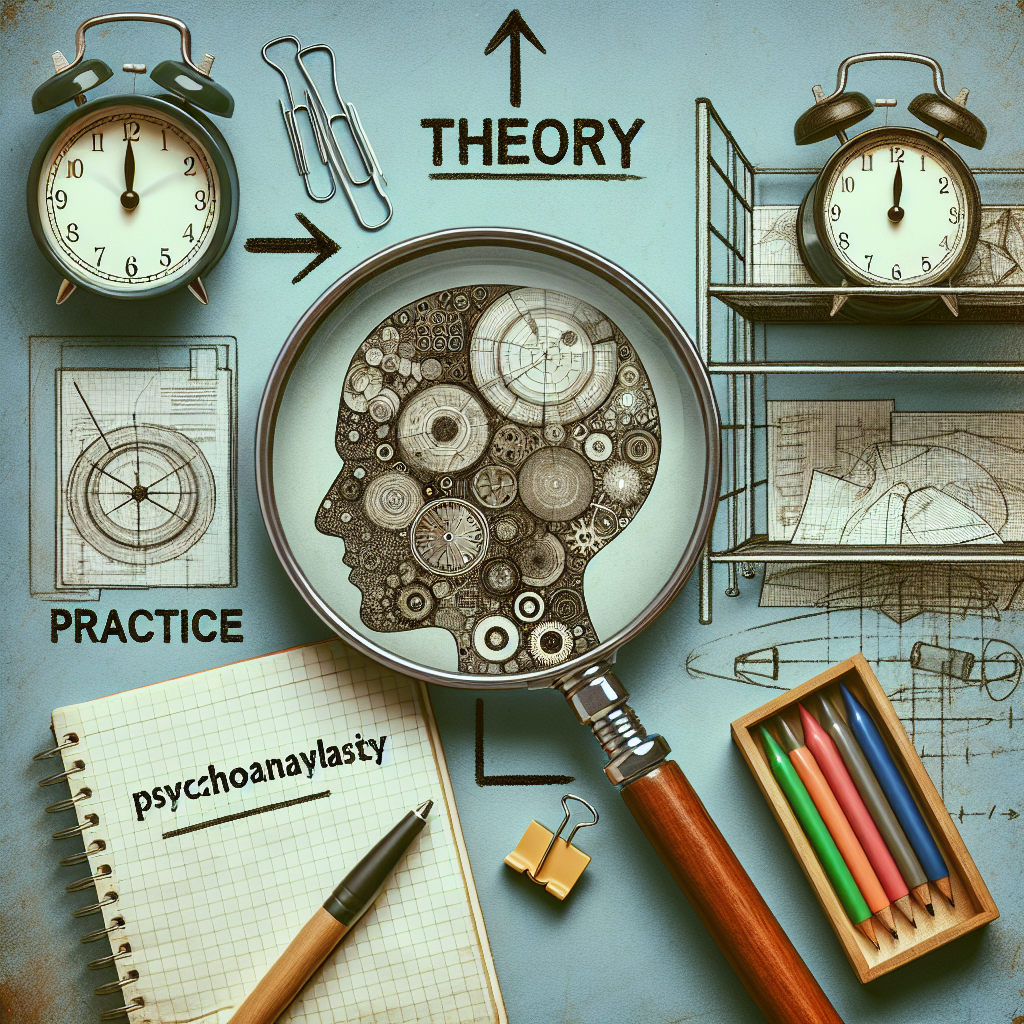Your cart is currently empty!
From Theory to Practice: Applying Psychoanalytic Concepts Beyond the Consulting Room

Psychoanalytic theory has long been a cornerstone of psychological thought, providing valuable insights into the workings of the human mind and the complexities of human behavior. Originally developed by Sigmund Freud in the late 19th and early 20th centuries, psychoanalytic concepts have since been expanded upon and refined by a multitude of theorists and practitioners.
While psychoanalysis is typically associated with the therapeutic setting of the consulting room, its principles can be applied in a variety of other contexts as well. From education to business to personal relationships, the insights gained from psychoanalytic theory can be invaluable in understanding and navigating the complexities of human interaction.
One key concept of psychoanalytic theory is the idea of the unconscious mind. According to Freud, much of our behavior is driven by unconscious desires and motivations that we may not even be aware of. By bringing these unconscious forces to light, individuals can gain a deeper understanding of their own behaviors and motivations, leading to greater self-awareness and personal growth.
In the realm of education, the application of psychoanalytic concepts can be particularly beneficial. Understanding the unconscious motivations of students can help teachers tailor their approach to better meet the needs of each individual student. By recognizing and addressing underlying emotional issues, educators can create a more supportive and nurturing learning environment, ultimately leading to better academic outcomes.
In the business world, psychoanalytic concepts can also be useful in understanding the dynamics of workplace relationships. By recognizing the unconscious motivations of colleagues and superiors, employees can navigate office politics more effectively and build stronger, more productive working relationships. Additionally, understanding one’s own unconscious motivations can help individuals identify areas for personal growth and development, leading to increased job satisfaction and success.
In personal relationships, psychoanalytic concepts can help individuals navigate the complexities of intimate connections. By understanding the unconscious motivations that drive their own behaviors and those of their partners, individuals can foster healthier, more fulfilling relationships. By working through unresolved emotional issues and addressing unconscious conflicts, couples can build stronger bonds and create a more harmonious partnership.
Overall, the application of psychoanalytic concepts beyond the consulting room can lead to greater self-awareness, improved relationships, and enhanced personal and professional growth. By recognizing and addressing the unconscious forces that drive our behaviors, individuals can gain a deeper understanding of themselves and others, leading to more fulfilling and meaningful lives.

Leave a Reply